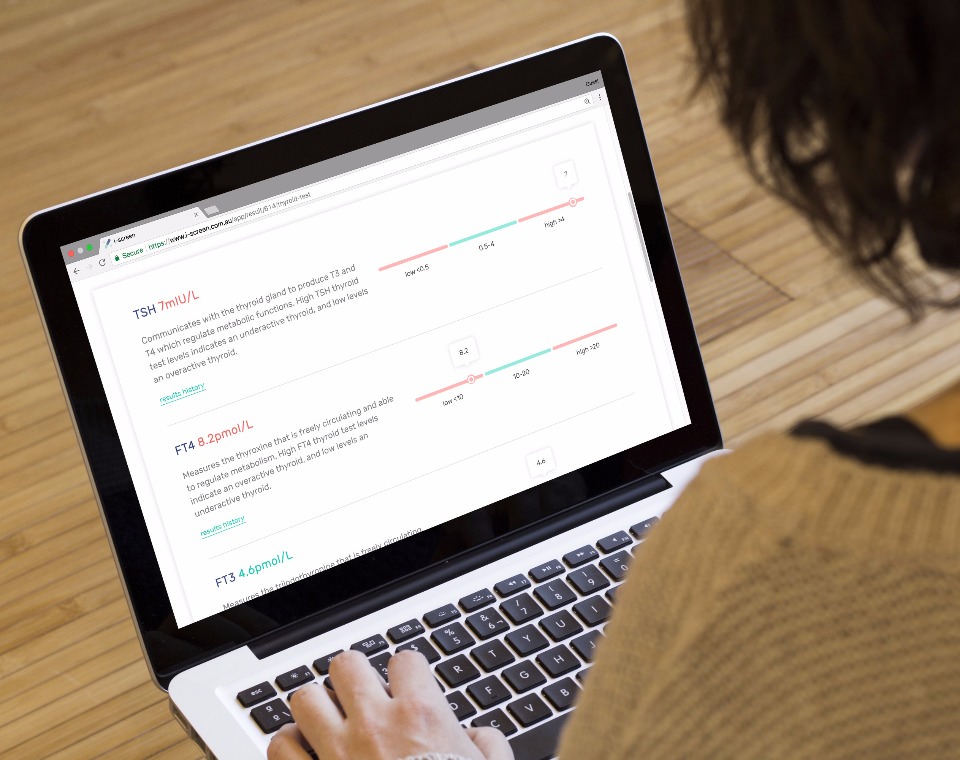

Is your thyroid self-destructing?
This thyroid panel provides more in-depth screening of thyroid function and looks for evidence of autoimmune disease with a thyroid antibodies test. The hormones produced by the thyroid regulate metabolism - the rate at which the body uses energy. The body has a feedback system that turns thyroid hormone production on and off and maintains a stable amount of thyroid hormones in the bloodstream. When thyroid antibodies interfere with this process, it can lead to chronic conditions such as Hashimoto thyroiditis or Graves' disease.

A thyroid antibodies test reveals situations where the immune system mistakenly attacks the thyroid and can lead to chronic inflammation of the thyroid (thyroiditis), tissue damage, and disruption of thyroid function. An underactive or hypothyroid can cause symptoms such as weight gain, fatigue, dry skin, hair loss, intolerance to cold, and constipation. Conversely an overactive or hyperthyroid can cause sweating, rapid heart rate, anxiety, tremors, fatigue, difficulty sleeping and sudden weight loss.


